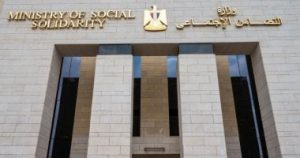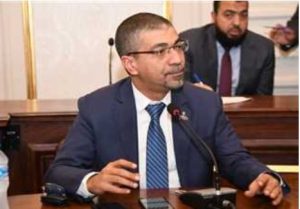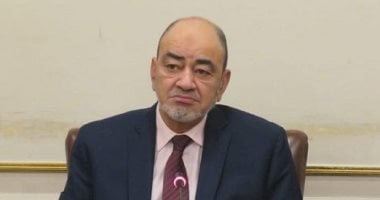Mohamed Ismail Abdo, head of the General Division for Medical Supplies at the Chamber of Commerce, announced the ongoing crisis of unpaid debts by the Unified Procurement Authority to companies in the medical supplies and pharmaceutical sectors. Despite an agreement on urgent measures with Dr. Hesham El Metwally Setiet, head of the Unified Procurement Authority, on August 11 to release a new payment batch during the third week of August coordinated with the Ministry of Finance, the authority has not yet fulfilled its commitments. This situation places the medical supplies sector in a difficult position, hindering its ability to serve millions of citizens visiting healthcare facilities daily. The General Division will submit an urgent memorandum to Prime Minister Dr. Mostafa Madbouly, seeking his personal intervention along with Finance Minister Ahmed Kouchouk to implement the agreement.
The Unified Procurement Authority’s debt to its supplier network, including members of the General Division for Medical Supplies and the pharmaceutical sector, has reached 43 billion Egyptian pounds, causing significant problems for companies and traders, especially with foreign suppliers. This has led to the halt of many production lines in medical supplies factories due to liquidity shortages caused by delayed payments. Additionally, many companies face banking issues due to inability to meet financial obligations. Mohamed Ismail Abdo expressed confidence in the prompt response of the Prime Minister and Finance Minister, emphasizing the importance of this vital sector for citizens’ lives.
The agreement includes the Unified Procurement Authority’s commitment to repay the debt in installments during the current fiscal year, with the Ministry of Finance covering the debt related to free treatment provided by Ministry of Health facilities, representing about 60% of the total debt, following the Prime Minister’s approval to increase the authority’s allocations from 50 billion to 100 billion Egyptian pounds in the current fiscal budget. The remaining 40%, related to economical treatment provided by Health Insurance and Comprehensive Health Insurance authorities and university hospitals, will be paid through their respective budgets, with full repayment expected by the end of the fiscal year.













Recommended for you
Talib Al-Rifai Chronicles Kuwaiti Art Heritage in "Doukhi.. Tasaseem Al-Saba"
Exhibition City Completes About 80% of Preparations for the Damascus International Fair Launch
Unified Admission Applications Start Tuesday with 640 Students to be Accepted in Medicine
Egypt Post: We Have Over 10 Million Customers in Savings Accounts and Offer Daily, Monthly, and Annual Returns
His Highness Sheikh Isa bin Salman bin Hamad Al Khalifa Receives the United States Ambassador to the Kingdom of Bahrain
Al-Jaghbeer: The Industrial Sector Leads Economic Growth